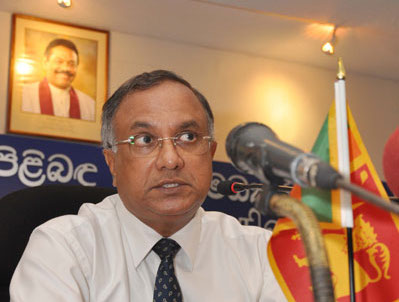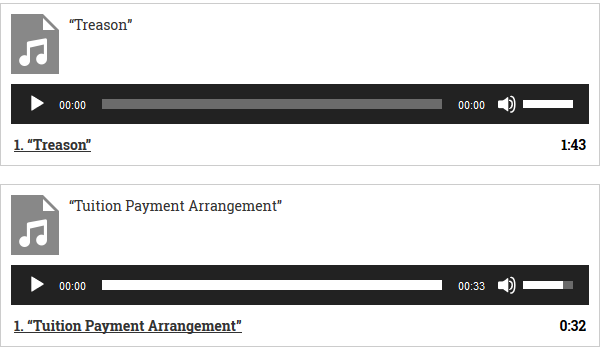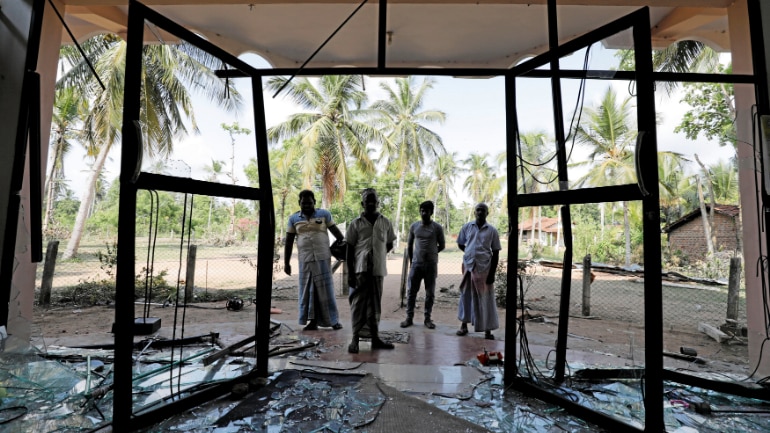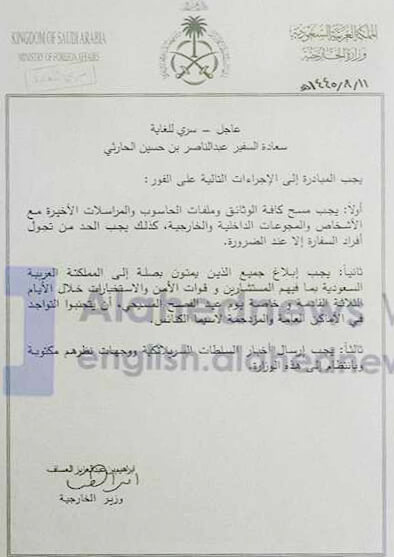angelburst29
The Living Force
The pregnant wife of one of the accomplices in the spate of brutal bombings in Sri Lankan hotels and churches reportedly blew herself up with her three children as police arrived at her home.
April 25, 2019 - Pregnant Wife of Sri Lanka Bombings Mastermind Blew Herself up, More People Arrested
The pregnant wife of a Sri Lanka bomber detonated a suicide vest when police raided the affluent family's home in the wake of the terror attacks, killing her own children, World News reported.
ABC reported that once police approached their family home in Colombo, the woman detonated a suicide vest, killing herself and her three children. Three police officers reportedly perished in the blast as well.
Citing a source, the Reuters reported that it was Ilham Ahmed Ibrahim, the younger of the two brothers, who detonated a bomb, taking his own life as well as those of his children and his alleged spouse.
Sri Lanka's deputy defence minister Ruwan Wijewardene told a press conference most of the suicide bombers were well-educated and from wealthy families, adding that some had law degrees, and all were Sri Lankan.
Colombia's Trasandino pipeline bombed for seventh time in 2019
Colombia's Trasandino oil pipeline was bombed late on Friday in western Narino province, spilling crude into a nearby stream, state-run oil company Ecopetrol SA said, the seventh time it has been attacked this year.
Sri Lankan president bans Islamist groups suspected of Easter Sunday bombings

Sri Lankan President Maithripala Sirisena has banned two Islamist groups suspected of being behind the Easter Sunday suicide bombings that killed more than 250 people, his office said on Saturday.
April 25, 2019 - Pregnant Wife of Sri Lanka Bombings Mastermind Blew Herself up, More People Arrested
The pregnant wife of a Sri Lanka bomber detonated a suicide vest when police raided the affluent family's home in the wake of the terror attacks, killing her own children, World News reported.
ABC reported that once police approached their family home in Colombo, the woman detonated a suicide vest, killing herself and her three children. Three police officers reportedly perished in the blast as well.
Citing a source, the Reuters reported that it was Ilham Ahmed Ibrahim, the younger of the two brothers, who detonated a bomb, taking his own life as well as those of his children and his alleged spouse.
Sri Lanka's deputy defence minister Ruwan Wijewardene told a press conference most of the suicide bombers were well-educated and from wealthy families, adding that some had law degrees, and all were Sri Lankan.
Colombia's Trasandino pipeline bombed for seventh time in 2019
Colombia's Trasandino oil pipeline was bombed late on Friday in western Narino province, spilling crude into a nearby stream, state-run oil company Ecopetrol SA said, the seventh time it has been attacked this year.
Sri Lankan president bans Islamist groups suspected of Easter Sunday bombings
Sri Lankan President Maithripala Sirisena has banned two Islamist groups suspected of being behind the Easter Sunday suicide bombings that killed more than 250 people, his office said on Saturday.






